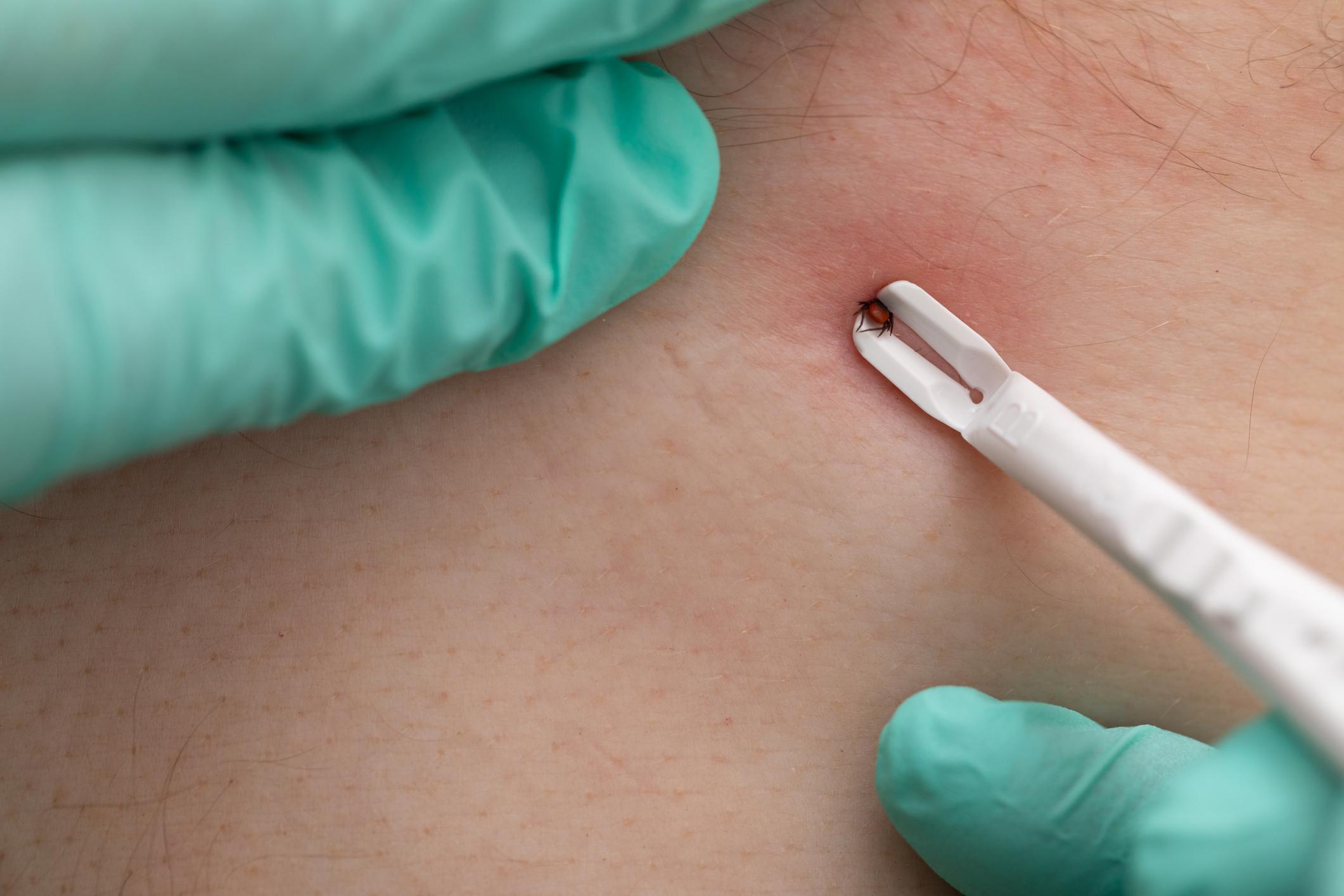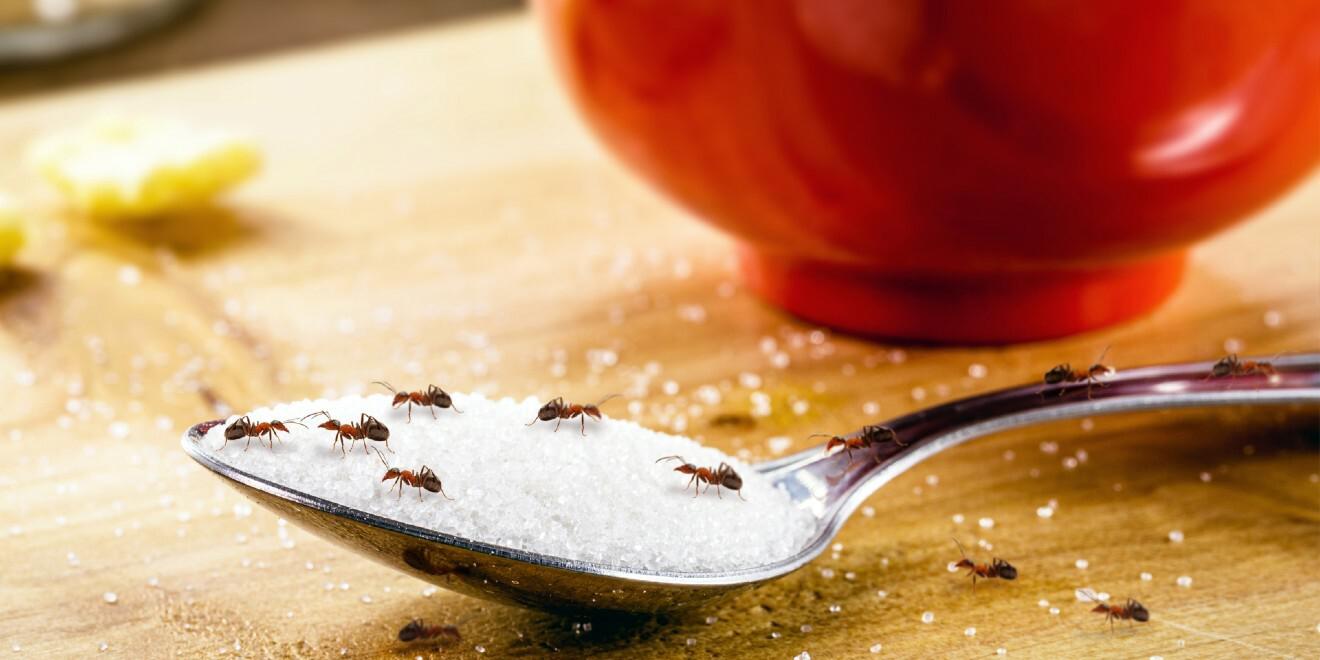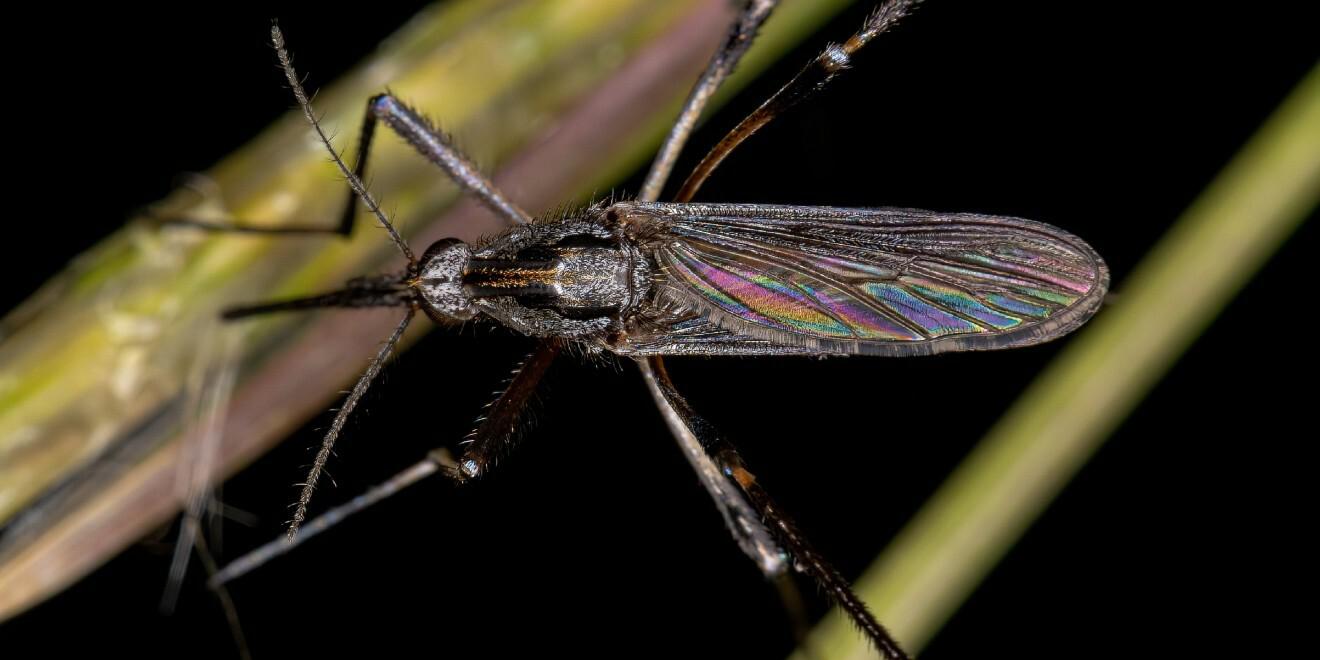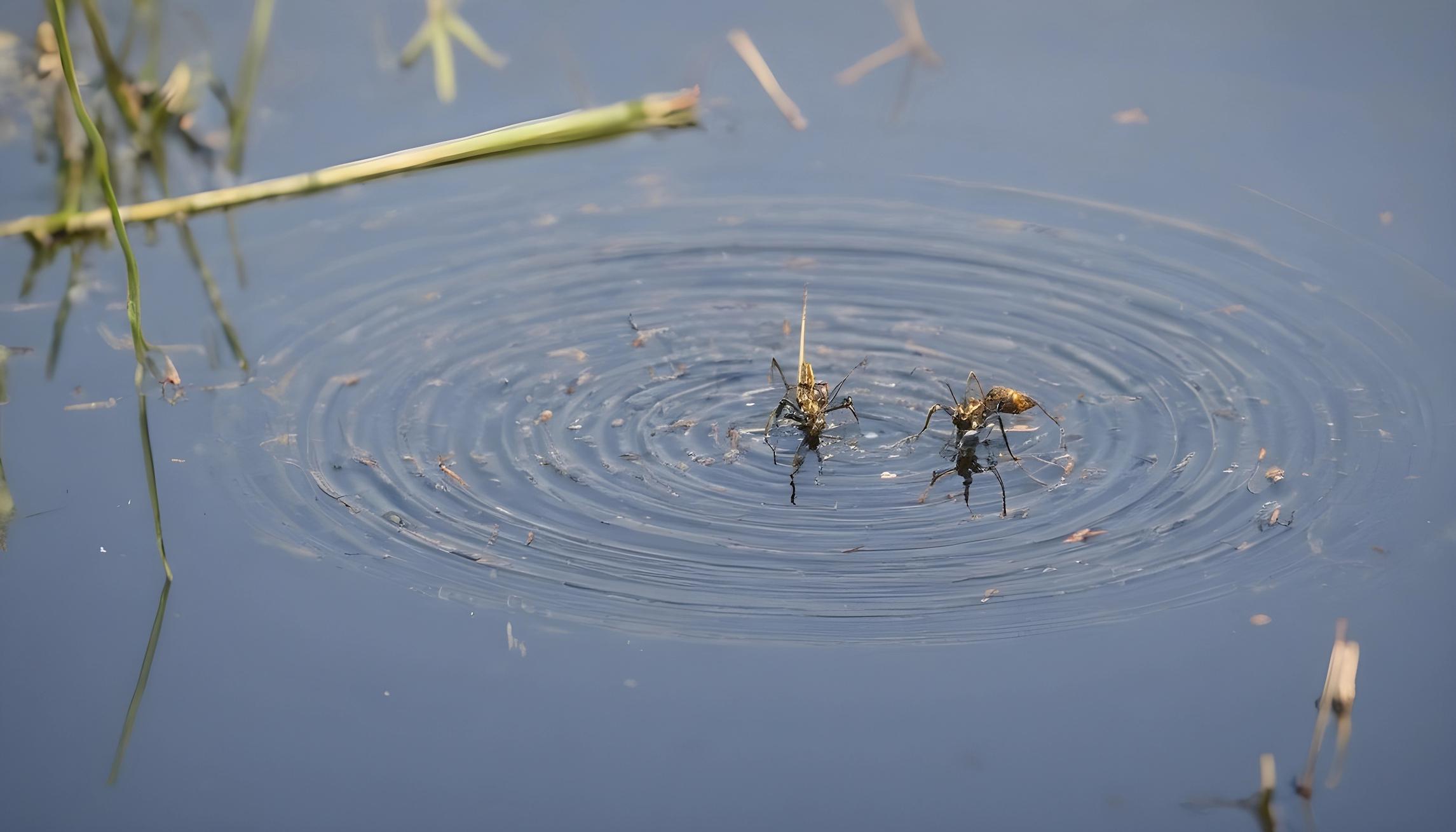Could 2016 Become the Year of the Tick?
Posted by Mosquito Squad
March 9, 2016
As we have enjoyed the first unusually mild days, teasing us that spring is coming, we can’t help but begin to think about ticks. We’re beginning to receive regular calls from clients who are finding ticks on their kids and pets. With the warm weather upon us, ticks are out questing for their next blood meal and you could be it!
Don’t forget, deer ticks are more than just a pest, they carry & transmit dangerous diseases such as Lyme Disease, Babesiosis & Anaplasmosis. Let us not forget that ticks questing in spring are more dangerous than those in the fall, with a quick refresher on the tick life cycle, you can understand why.
THE DEER TICK LIFE-CYCLE
Ticks feed on blood for the nutrients needed to grow into the next phase of their life cycle and for adult females to lay eggs. The black-legged tick or deer tick as they are commonly referred to have a very predictable life-cycle. Larval deer ticks take a blood meal from a small infected host (often mice) in the fall, molting during winter to emerge in the spring as nymph deer ticks. Nymph deer ticks are often as small as a poppy seed and spread the most Lyme disease from May – July. This spring blood meal will result in them re-emerging in fall as adult deer ticks who are active in the fall and throughout winter when temperatures are not freezing. Engorged female ticks will begin to lay their over 1,500 eggs in the spring which will start the cycle over again. Those eggs will be the larvae that are active in fall looking for their first rodent host to feed and live with for the winter.
2016 TICK SEASON IS UPON US
While it is natural to think that the mild winter might lead to larger populations of ticks because of a more active adult reproduction season, that might not actually be the case. The Milford Daily reports that “occasional deep freezes” without snow cover for protection may have actually been harmful to the deer tick population. Regardless of snow or not, the story also reports that following the most recent mild New England winters, the Department of Public Health reported an estimated 50% increase in Lyme Disease cases in Massachusetts.
BETTER SAFE THAN SORRY
While nature always has and will continue to surprise us, at Mosquito Squad of the North Shore, we’re going to side on the error of being over-prepared. With ticks being active this early in the season and the mild winter we just experienced, we’re using history to guide us in our preparations. Our highly trained technicians are ready to provide the best tick control service in the area.
If you’re preparing for a gorgeous spring, summer & fall season and want to make sure your family can enjoy your property worry-free, call today. We offer our traditional tick barrier treatment that eliminates 85-90% ticks & mosquitoes on contact. Add our tick tube treatment to eliminate larval ticks at the source of their infection, for the best Lyme Disease prevention you can achieve at your home. Call or email today for a free quote.















